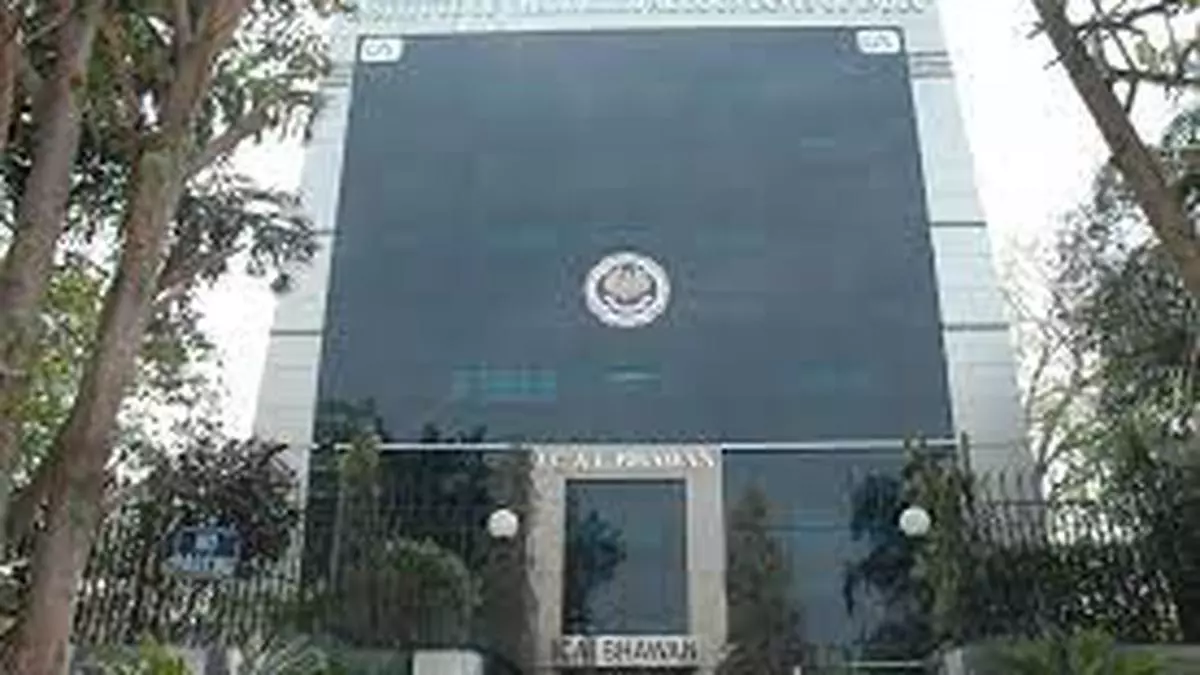Social Stock Exchange activity picking up, but miles to go
Social stock exchanges are slowly getting much-needed attention in recent times with onboarding of so many organisations. The exchanges, which were launched by the BSE and the National Stock Exchange (NSE) early this year, have been able to rope in big names such as SGBS Unnati Foundation, Routes to Roots, Ketto, Ekalavya Foundation, Pragati Gramodhyog Evam Samaj Kalyaan Sansthaan, Swami Vivekanand Youth Movement, Udhavum Ullangal Public Charitable Trust, Raintree Foundation etc. In all, currently the BSE-SSE has 32 entities and NSE-SSE 31.
The SSE idea was first proposed by Finance Minister Nirmala Sitharaman in her July 2019 Budget. Since then, market regulator SEBI, along with the leading bourses, has been trying to give a shape to the novel proposal.
According to the bourses, SSE is a separate segment of the existing stock exchange that can help social enterprises raise funds from the public. SSE will act as a medium between social enterprises and fund providers and that can help them select those entities that are creating measurable social impact and reporting such impact.
Two forms of social enterprises, identified by SSEs, are not-for-profit organisations (NPOs) and for-profit social enterprises (FPEs). An NPO could either be a charitable trust registered under the public trust statute of the relevant State/Societies Registration Act; or a company incorporated under Section 8 of the Companies Act; or any other SEBI-specified entity. FPEs are companies registered under the Companies Act operating for profit, but not under Section 8 of the Companies Act; or a body corporate operating for profit.
NPOs can raise funds through zero coupon zero principal (ZCZP) bonds, mutual funds, social venture funds (SVFs), various pay-for-success structures (like development impact bonds) and other securities and units that are allowed by the market regulator. They must have at least three years in operations to be eligible for registration with SSEs.
Fund-raising tools
ZCZP bonds will be listed on the SSE. The minimum issue size for issue of ZCZP is ₹1 crore and minimum application size should be ₹2 lakh. Currently, SSEs do not permit foreign funds — including from foreign investors such as FIIs, FPIs or NRI investors.
The bonds will carry a tenure equal to the duration of the project that is being funded, and at tenure, they will be written off the investee’s books. The bond suits investors looking to create social impact, but do not expect funds to be returned to them. However, such bonds are not without risk, as there is no guarantee that the social impact the NPO is promising will, in fact, be created.
Development impact bonds
Development impact bonds (DIBs) are structured finance products where, upon completion of a project that meets pre-agreed social metrics at pre-agreed rates, the service provider of the project receives grants from the donor. As the payment is received on a post-facto basis from donor, the NPO needs to raise funds to finance its operations from ‘Risk Funder’, who not only enables financing of operations on a pre-payment basis, but also undertakes the risk of non-delivery of social metrics by the NPO. To compensate for this risk, a Risk Funder typically earns a small return if the social metrics are delivered.
FPEs can explore fund raising through issue of equity shares (On Main Board, SME Platform or innovators growth platform of stock exchanges), issue of equity shares to an Alternative Investment Fund including Social Impact Fund, issue of debt instruments or any other means that SEBI may specify in future.
Retail investors are permitted to invest only in securities offered by FPEs under the Main Board. In all other cases, only institutional investors and non-institutional investors (HNIs) can invest in securities issued by social enterprises.
Besides, there will a social audit too on impact assessment of project/programme executed by these fund raisers.
Way forward
The idea of SSE is good and noble, but its success hinges on several factors. Working group of SEBI recently recommended that funding of NPOs on SSE by companies should count towards CSR commitments. Besides, the group recommended exemption for philanthropic investors from securities transaction tax for trades made on the SSE, and capital gains tax on long-term capital gains accruing from sale of securities in the SSE; and allowing retail investors to avail a 100 per cent tax exemption on their investments in the SSE MF structure, subject to an overall limit of ₹1 lakh.
SEBI should take the issue further with the government and put those recommendations in place quickly after consulting industry players, who still seek clarity, especially on deployment of unused CSR funds.
Besides, the success of SSE purely depends on interest from big institutions such as Shiv Nadar Foundation, Azim Premji Foundation and HNIs. The system should encourage them to participate easily. Another important player would be local-level municipal authorities, who can act as both facilitators as well as fund raisers. To attract large and small investors, the instrument should allow them to donate or invest as low as ₹1.
